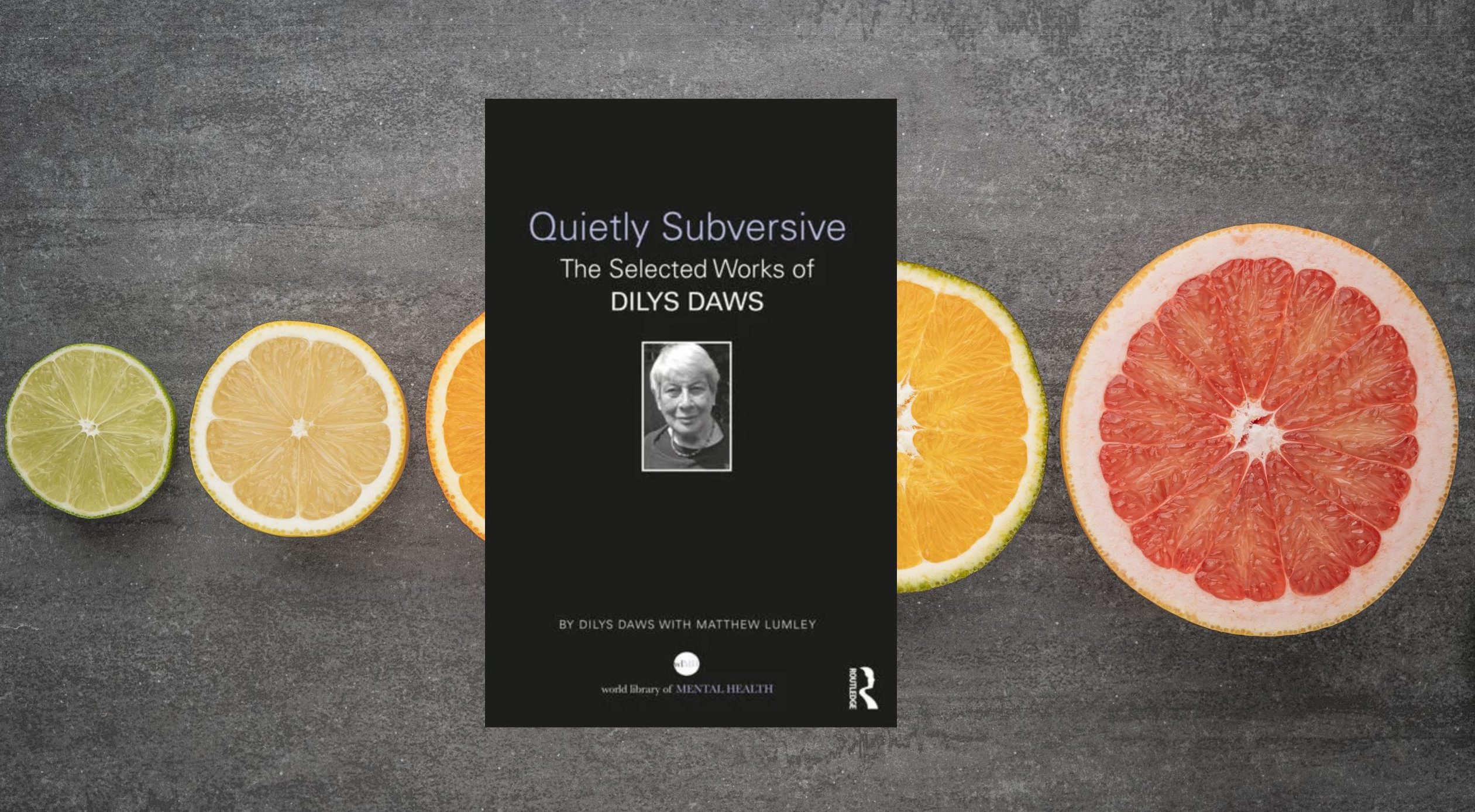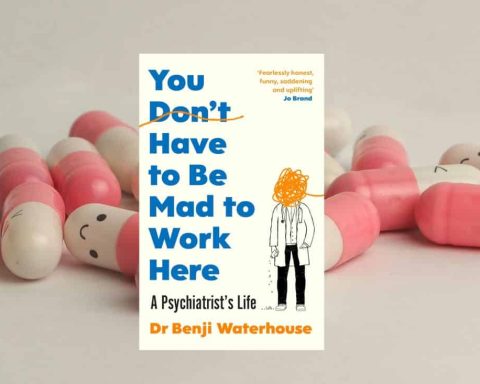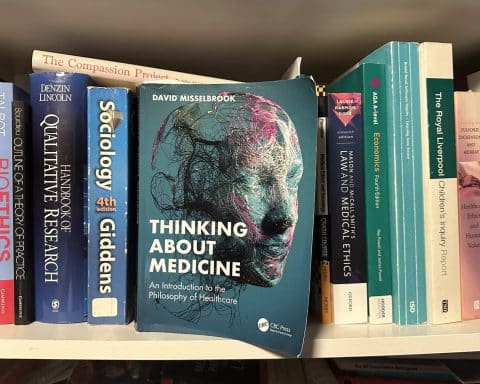
Why would you pick up a selection of articles by a child psychotherapist you’ve probably never heard of? In my case it was a combination of editorial charm and the lure of a free book, and I must confess to some initial ambivalence about actually reading it. As it happens, owning ambivalent feelings is something the author encourages.
Just as in war no plan survives contact with the enemy,1 we must all at some point come to terms with the messiness of much that happens in our consultations, and the degree to which success in general practice depends not just on clinical knowledge and skills, but on the relationships we form with our patients. Michael and Enid Balint, who highlighted this, were psychotherapists rather than doctors, and much of what Daws writes about child psychotherapy is directly relevant to our day-to-day work.
In particular, she argues for the importance of listening without jumping in to try and fix things. “When families are really listened to… it may enable them to feel that something crucial about them has been understood… As they tell their story, unconscious threads draw together and connections emerge… Most families do not really need more advice. They need to look at the process by which they have found it difficult to use the advice which is freely available.” I would argue that this applies equally to many of the situations in which we find ourselves as doctors.
Does that resonate with you, or do you feel your hackles rise at all this fluffy nonsense? Either reaction is fine…
Does that resonate with you, or do you feel your hackles rise at all this fluffy nonsense? Either reaction is fine: what matters is “to note the feelings stirred up in oneself… and to use these as a source of information.” Our emotional response to a patient is sometimes the key that tells us what sort of a lock we are dealing with.2 If we accept the need to move beyond basic client-professional relationships, the real danger in neglecting this is that we fall instead into merely social ones that prioritize our needs and promote dependence.3
If you get the chance to read this book, you might be pleasantly surprised. Daws quietly subverts our need to make things better and move on, which often makes the consulting room door a revolving one. The alternative is simply to listen, to our patients and ourselves, with a view to enabling change rather than forcing it. Less haste, more speed?
Featured book: Quietly Subversive: The Selected Works of Dilys Daws, Dilys Daws with Matthew Lumley, Routledge 2023, HB, 224pp, £104.00, 978-1032294636
References
1. Paraphrased from Helmut von Moltke, Moltke’s Military Works: II. Activity as Chief of the Army General Staff in Peacetime (Second Part), Article from 1871 on strategy, Publisher: Ernst Siegfried Mittler und Sohn, Berlin
2. Goldberg P, The Physician-Patient Relationship: Three Psychodynamic Concepts That Can Be Applied to Primary Care, Arch Fam Med. 2000;9:1164-1168
3. Sidaway-Lee K, Pereira Gray D, Harding A, and Evans P, What mechanisms could link GP relational continuity to patient outcomes? BJGP 202, 278-281, DOI: https://doi.org/10.3399/bjgp21X716093
Featured photo by Andre Taissin on Unsplash








